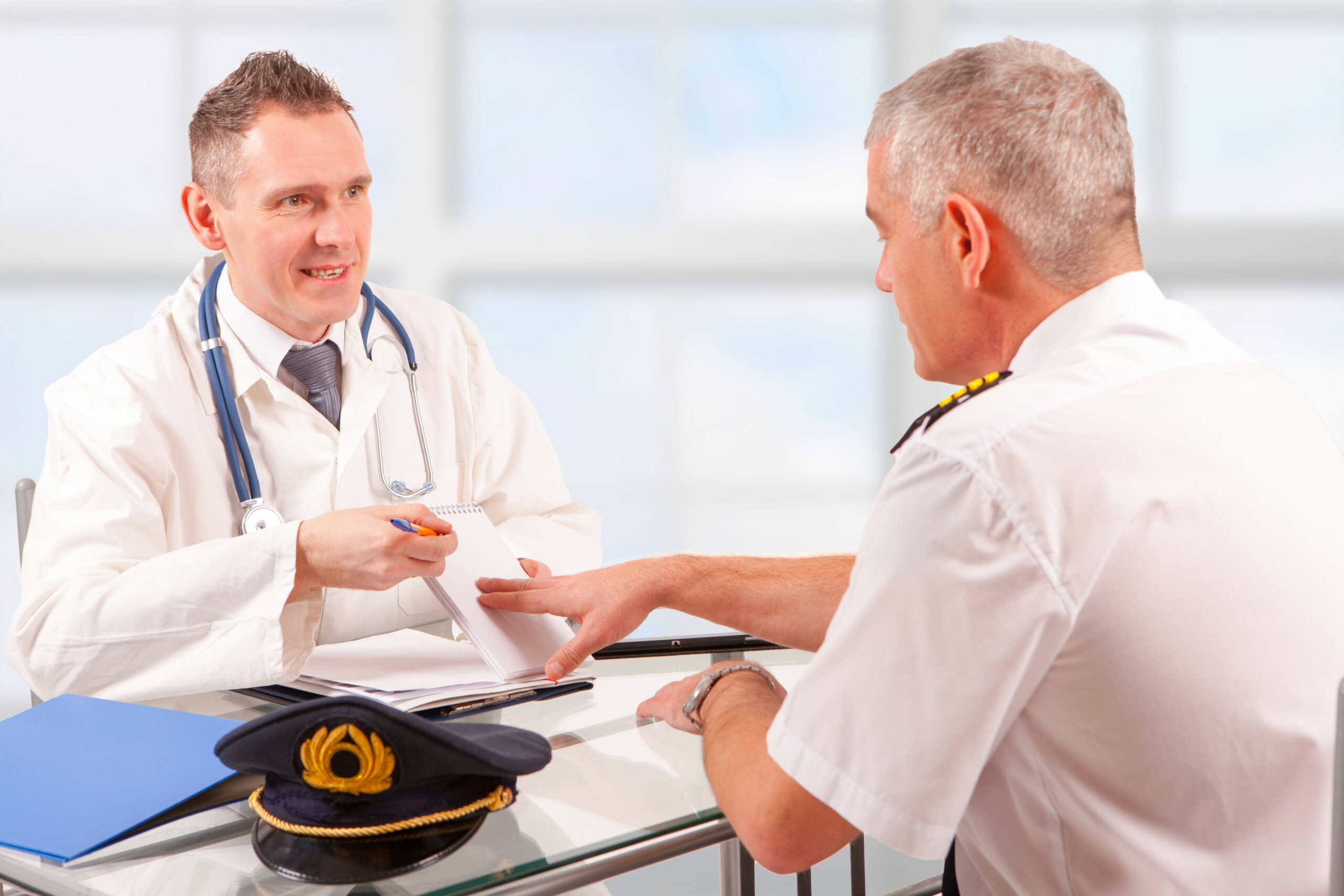
There are three steps to avoid a FAA medical denial, whether you’ve been flying for years or this is your first FAA medical application. As you probably already know, a pilot’s license is only as good as the medical certificate that you hold. If you’re an ATP, student pilot, or just interested in getting into aviation, the common denominator is the need for a valid FAA medical certificate. Beyond that, the FAA’s new “BasicMed” certificate requires that your most recent medical application not have been denied. So, the impact of a FAA medical denial is becoming more consequential in the airman certification process, overall.
TIP #1: REVIEW BEFORE YOU SUBMIT
Before you submit an application to the FAA for medical certification, you hold all the power. Once you submit your application or medical records to the FAA, the FAA takes charge. Anything and everything that is submitted will be scrutinized by the FAA medical officers and considered in a light most favorable to aviation safety. This does not mean you should fabricate, falsify, or redact any information or documents. Instead, you should review all records and documentation prior to submission to the FAA in order to avoid a FAA medical denial. Doing so, gives you an opportunity to consider obtaining potential second opinions, more complete medical records, and developing additional evidence to support your eligibility in light of your condition. Addressing problematic conditions or records prior to submission to the FAA can work to alleviate the FAA’s concerns and help avoid a FAA medical denial.
TIP #2: UNDERSTAND THE FEDERAL AVIATION REGULATIONS
Not all medical conditions are treated the same by the FAA. Some medical conditions require simple document review by the FAA, which can ultimately result in issuance of a FAA medical certificate. However, Part 67, the body of regulations which identify criteria for medical certification, identifies certain disqualifying medical conditions. If you have an established medical history or clinical diagnosis of one of these “specifically disqualifying” conditions, as outlined in Part 67, you will always end up with a FAA medical denial. Nevertheless, even if you received a FAA medical denial due to one of these disqualifying conditions, you may be eligible for a special issuance authorization (essentially a waiver). The various conditions requiring special issuance authorization require medical evidence specific to that condition to establish eligibility for issuance. Knowing what conditions require special issuance authorization can prevent a FAA medical denial and ultimately preserve your opportunity to fly under Sport Pilot rules.
TIP #3: APPRECIATE THAT YOUR AME MIGHT NOT KNOW IT ALL
Do not expect your aviation medical examiner or “AME” to necessarily understand how the FAA will treat your medical condition. Clinically, you may appear eligible for medical certification, which might support your AME trying to issue your medical certificate. However, certain conditions require the FAA to review your medical records, whether your AME believes you are eligible, or not. Ultimately, even if your AME issues you a medical certificate, the FAA can still deny your FAA medical application.
As you can see, there are ways to avoid a FAA medical denial. These tips can be broken down into more nuanced procedures and have been refined by the aviation attorney at The Ison Law Firm. If you are facing a FAA denial, help is only a phone call away: 1-855-FAA-1215.
Check out more, here: https://thepilotlawyer.com/faa-medical/
Contact the Aviation Lawyers from The Ison Law Firm Aviation Lawyers for Help Today
You need both a pilot and a lawyer on your side for your aviation law needs. Don’t hesitate to contact our team from The Ison Law Firm Aviation Lawyers to schedule a confidential consultation with an experienced aviation lawyer today.
We’re pilots representing pilots. The Ison Law Firm Aviation Lawyers offers FAA enforcement defense and medical certification representation worldwide!
The Ison Law Firm Aviation Lawyers
Phone: Toll-Free 855-322-1215
Office Hours: Mon – Thu, 9:00 AM to 5:00 PM
Fri, 9:00 AM to 12:00 PM
Disclaimer: Messages left for attorneys after these business hours will be addressed the following business day, during business hours.

